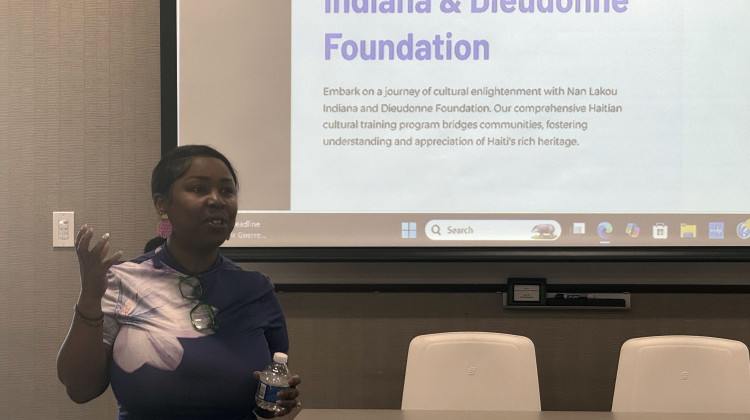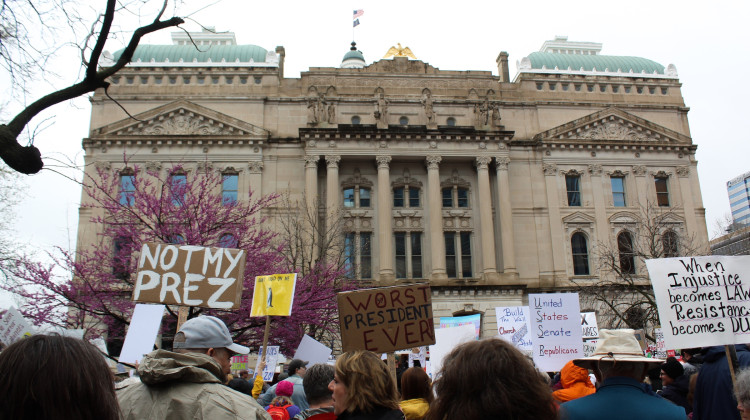
The DOJ said the county’s actions violated both the Fair Housing Act and the Religious Land Use and Institutionalized Persons Act.
File Photo / WFYIThe Department of Justice this week ordered Hendricks County to pay $300,000 and change its policies after alleging the county illegally denied zoning approval to an Islamic organization’s proposed development.
The organization, Al Hussnain, wanted to develop a mixed-use community that would include a religious seminary, school, and residential housing at two different locations in Hendricks County. The Justice Department alleges that the county denied Al Hussnain’s applications by citing concerns that lacked a legitimate basis.
The DOJ also said that in denying the development zoning approval, the county departed from its own zoning ordinances and treated the application worse than similar applications brought by non-Muslim developers. It adds that the county did so after community pushback.
“Animus directed towards the Muslim community masked under the guise of ordinary zoning restrictions violates the law and runs contrary to the principles of fairness and tolerance that are core in our democracy,” said Assistant Attorney General Kristen Clarke of the Civil Rights Division.
The DOJ said the county’s actions violated both the Fair Housing Act and the Religious Land Use and Institutionalized Persons Act.
“Discrimination on the basis of religion has no place in the Crossroads of America,” said U.S. Attorney Zachary A. Myers for the Southern District of Indiana.
The DOJ ordered Hendricks County to pay $295,000 in compensation to Al Hussnain and $5,000 to the United States to resolve a lawsuit the DOJ had brought against it.
The county is also required to adopt Fair Housing and Religious Land Use Policies, train its employees on the requirements of the FHA and RLUIPA, and establish a plan for resolving future complaints.
 DONATE
DONATE






 Support WFYI. We can't do it without you.
Support WFYI. We can't do it without you.